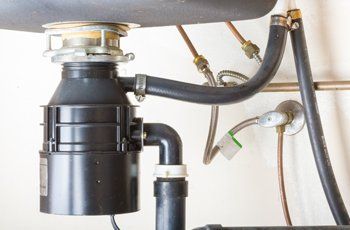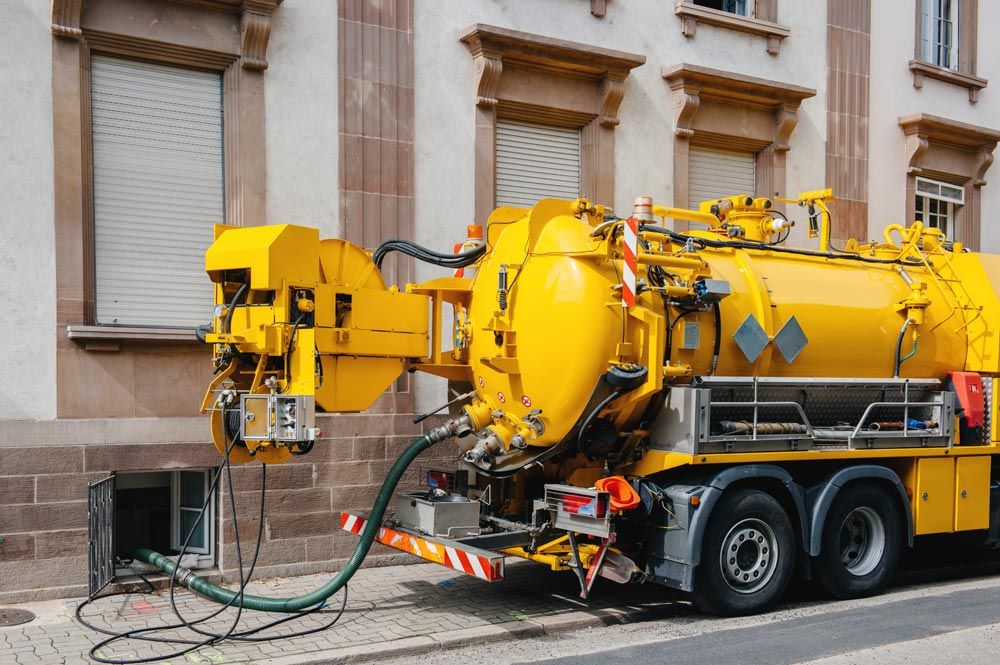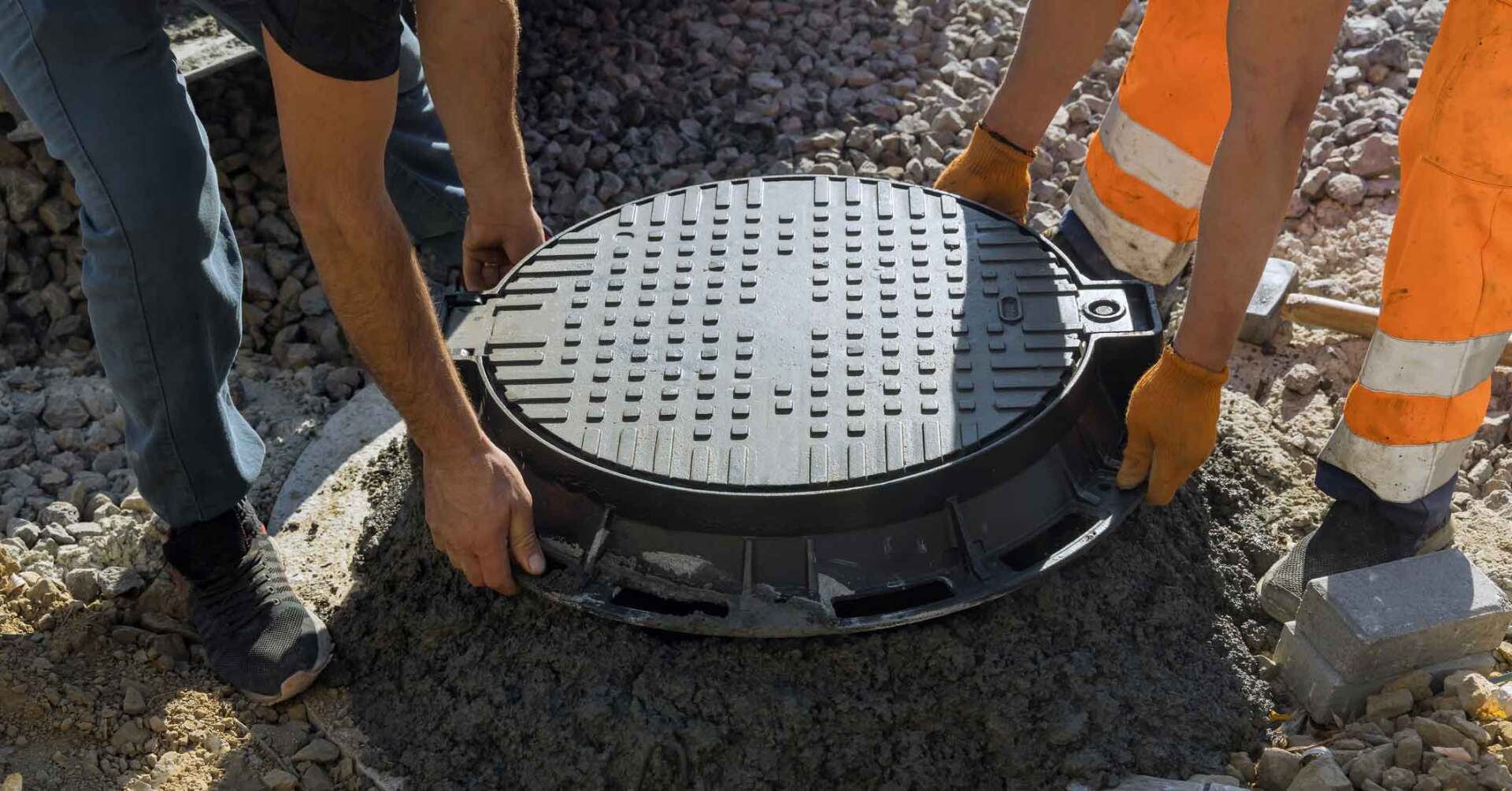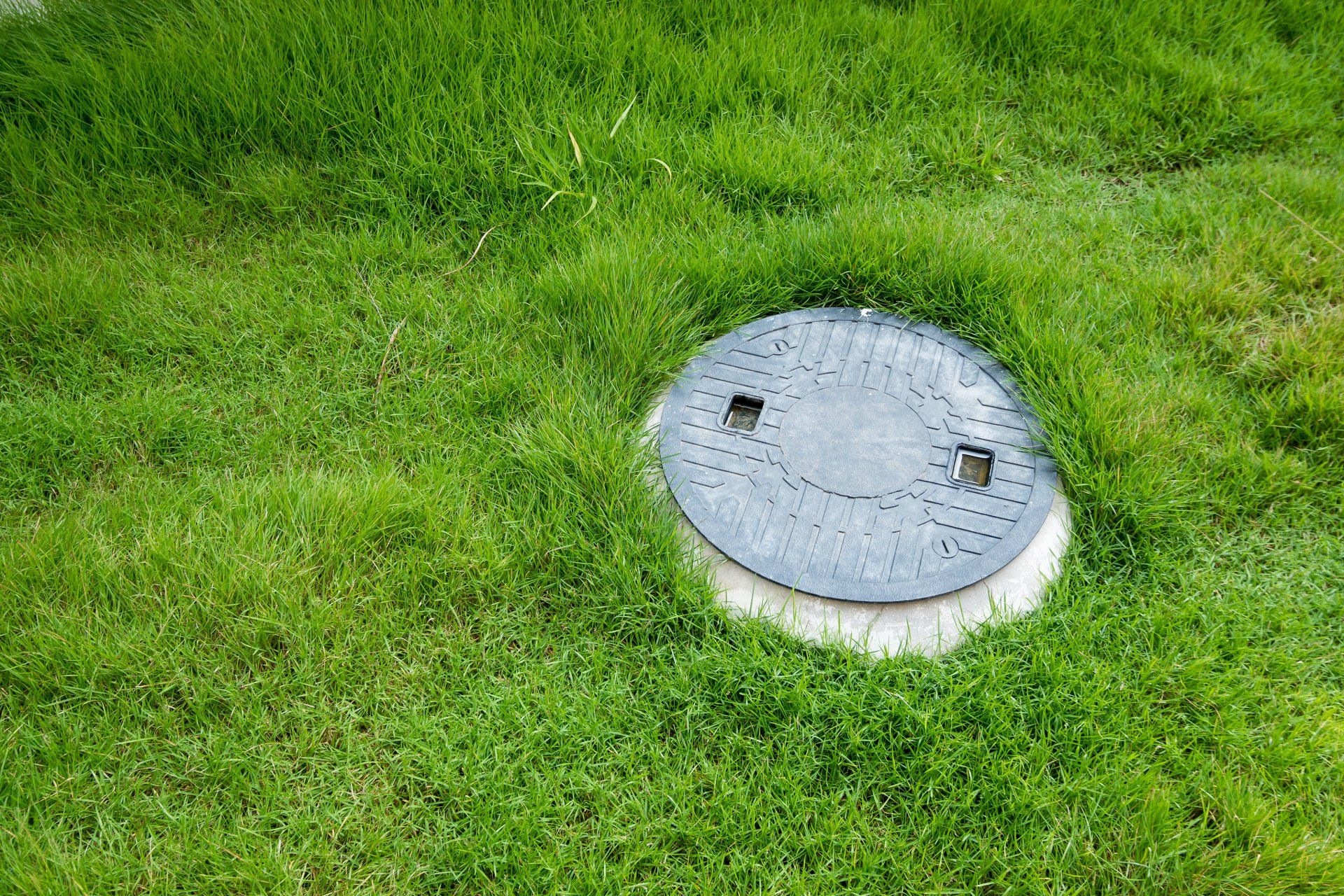Many homeowners use garbage disposals as a modern and convenient way to manage food waste and to keep the kitchen sanitary. While these appliances have their benefits, improper use of a garbage disposal could have negative consequences for your septic system.
Here is a guide to help you understand the relationship between septic systems and your garbage disposal.
Basics of Garbage Disposals
A garbage disposal is an appliance attached to the underside of a sink drain that grinds food waste before the particles flow into the drainpipe.
The disposal features an electric motor and a grinding chamber that holds food waste. The shredding blades inside the holding chamber slice up the food while a propelling component directs the particles and the accompanying water down the drain.
Some garbage disposals are activated using a stopper once you send food waste into the holding chamber. Other disposals activate as you fill up the chamber and start to run the water.
Basics of Septic Systems
A septic system is a type of wastewater treatment plant that uses gravity and mechanical technology to treat wastewater from your house and then directs the water to the main sewer line.
The system comprises a drainfield and a septic tank. Wastewater from your home plumbing system flows into the septic tank where the solids settle while the pretreated liquid flows to the drainfield.
In the drainfield, microorganisms in the soil further treat the pretreated water before mixing with groundwater.
Effects of Garbage Disposals on Septic Systems
Unfortunately, some homeowners use under-the-sink garbage disposals in the same way they would a compost pit or a trash bin. Examples of poor garbage disposal practices include:
- Sending hard-to-grind foods such as coffee grounds, bones, and tough vegetables down the drain
- Pouring fat, oil, and grease (FOG) down the disposal
- Forcing large amounts of food into the disposal
- Disposing of non-biodegradable items
- Throwing expandable foods such as pasta down the garbage disposal
These practices have several implications for your septic system.
Clogged Drain Lines
FOG and large food particles from the garbage disposal can block the drainage pipes that connect to the septic tank.
Blockages and clogs along the drain lines will drastically diminish the flow of wastewater into the septic tank for treatment. This could result in a host of problems including sewage backup, slow drains, toilets that won't flush or flush slowly, and foul odors.
Increased Load
The septic tank load is the maximum amount of solids the tank can handle. When the amount of solids entering the tank exceeds a certain level, the microorganisms in the tank are unable to break down and purify the incoming wastewater.
A garbage disposal can send a large amount of solids down the drain and into the septic tank. This increase in solid waste slows down the septic system's capacity to separate the solids from the liquid.
Overloading diminishes the efficiency and safety of your septic system.
Garbage Disposal and Septic System Solutions
With proper maintenance, your septic system can offer more than 15 years of service. However, improper use of a garbage disposal can shave years off your septic system.
If you already have a septic tank, consider other waste management alternatives, such as compost pits or garbage bins, to prolong the life of your septic system.
If you want to install a new septic tank and you already have a garbage disposal, inform your wastewater treatment specialist.
A garbage disposal can take the fuss out of managing your kitchen waste. With proper waste disposal and regular maintenance, you get the most from both your disposal and septic system.
At
The Nibbler Company, we offer innovative on-site wastewater treatment solutions to ensure optimal sanitation for you and your family. Call us today to learn more about our services.






